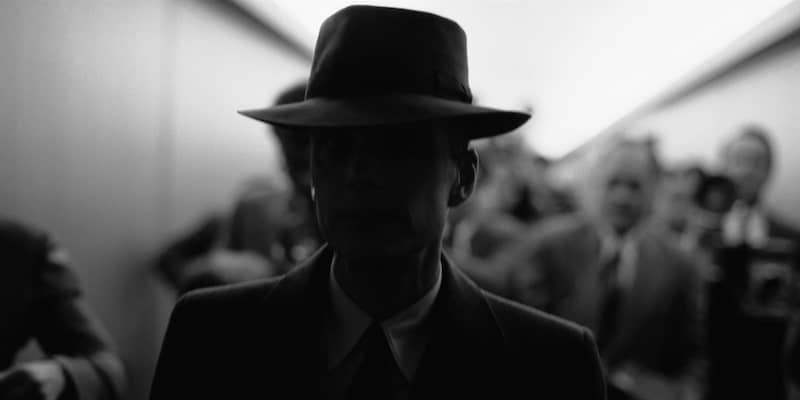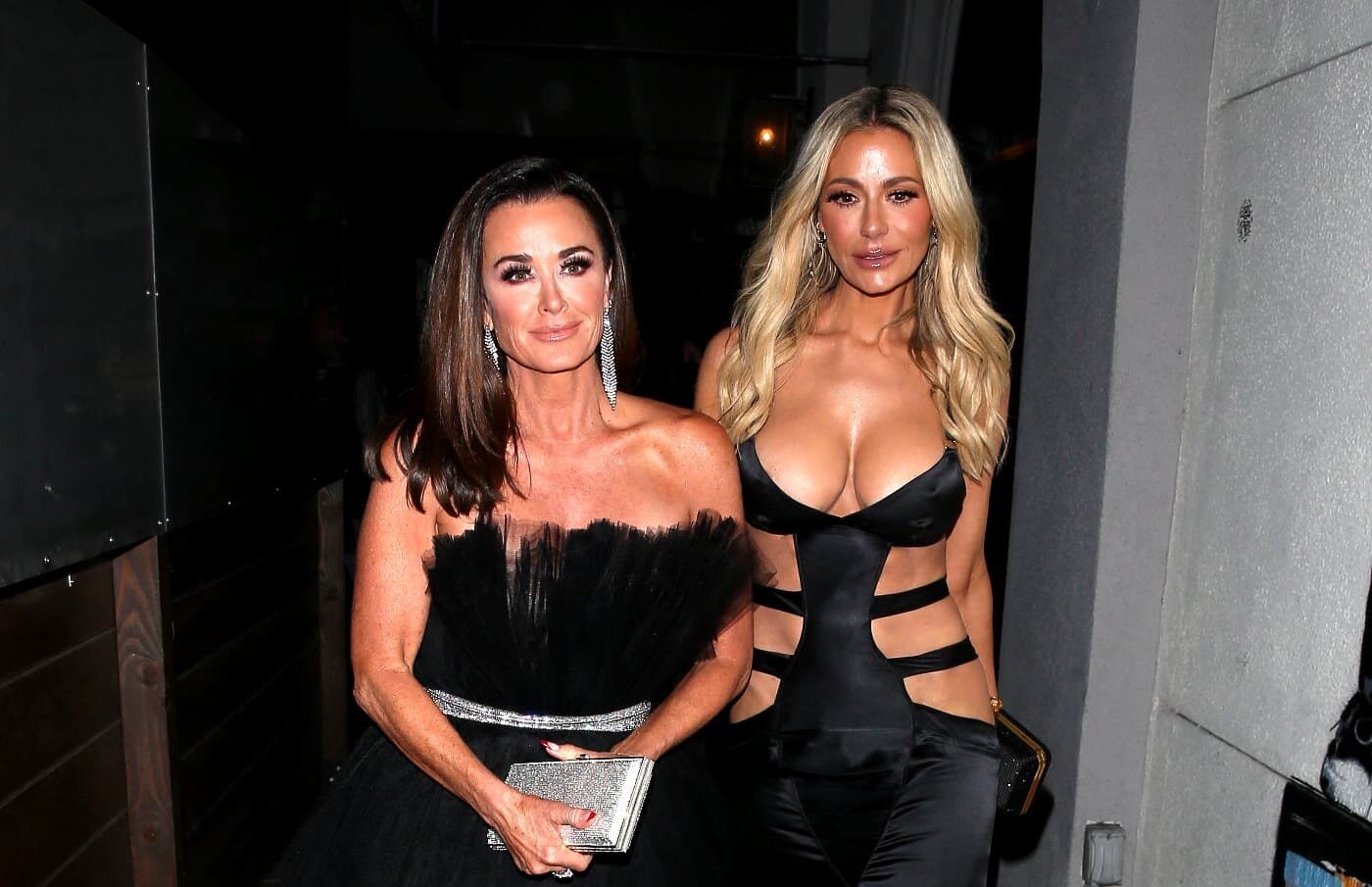Nolan is going back to black (and white).

Welcome to The Queue — your daily distraction of curated video content sourced from across the web. Today, we’re watching a video essay that explores why Oppenheimer’s special black and white IMAX segments are significant.
As of this article, we have yet to be graced with Christopher Nolan’s Oppenheimer, a biopic about the father of the atomic bomb. But one of the few crunchy details we do know is that the film will alternate between color and black-and-white. Nolan has used this visual contrast before, in his 2000 film Memento. But what makes Nolan’s use of black-and-white this go-round different is that it’s going to be in IMAX.
“Wait a minute,” you say. “Why is that important let alone interesting?” Well, my friend. Black and White IMAX film is literally being invented for Oppenheimer. Kodak is making 15 perforation 65mm film in black-and-white for the first time ever in the year of our lord 2023. Nolan isn’t just converting color film to black-and-white in post-production. He’s commissioning an honest to god new kind of analogue film for his new movie. And that’s cool as hell.
Nolan being Nolan, the use of black-and-white doubtlessly has some kind of narrative significance. And the video essay below’s guess is probably correct: that it’s a meaningful visual metaphor for a historic public figure often depicted in black-and-white terms.
The video essay also digs into what this choice has to do with film preservation and why Nolan champions analogue film as a preservation format over digital. Enjoy!
Watch “Why OPPENHEIMER’s B&W IMAX Film is so special”
Who made this?
This video essay on what makes the black and white IMAC photography in Christopher Nolan’s Oppenheimer so exciting is by Frame Voyager. Frame Voyager is run by John and Anna Owens. You can find more of their video essay content on YouTube here.
More videos like this
Related Topics: Black and White, Christopher Nolan, The Queue

Meg has been writing professionally about all things film-related since 2016. She is a Senior Contributor at Film School Rejects as well as a Curator for One Perfect Shot. She has attended international film festivals such as TIFF, Hot Docs, and the Nitrate Picture Show as a member of the press. In her day job as an archivist and records manager, she regularly works with physical media and is committed to ensuring ongoing physical media accessibility in the digital age. You can find more of Meg’s work at Cinema Scope, Dead Central, and Nonfics. She has also appeared on a number of film-related podcasts, including All the President’s Minutes, Zodiac: Chronicle, Cannes I Kick It?, and Junk Filter. Her work has been shared on NPR’s Pop Culture Happy Hour, Business Insider, and CherryPicks. Meg has a B.A. from the University of King’s College and a Master of Information degree from the University of Toronto.
Recommended Reading


















